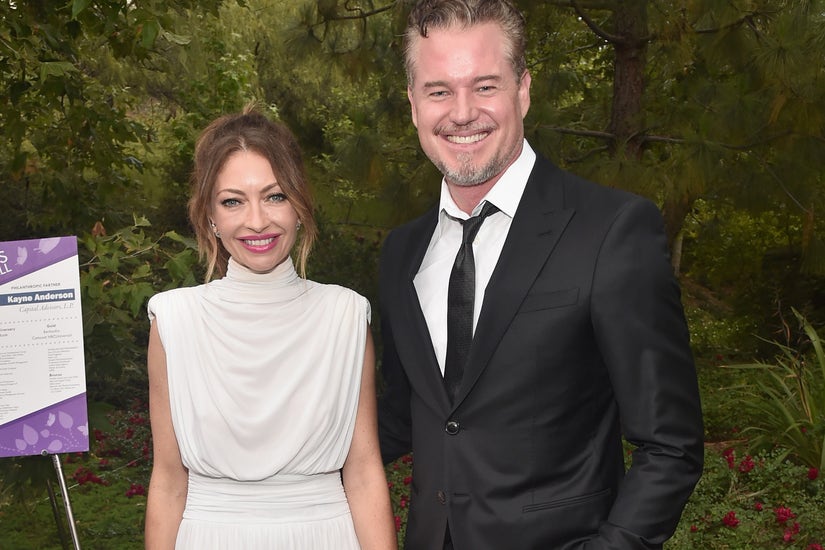The Oscar-winner had been accused of groping a co-star during a play.
A #MeToo lawsuit has finally been settled to the tune of $2 million... and the winner is a man.
Australian actor Geoffrrey Rush has been awarded a record payout after winning his defamation case against The Daily Telegraph and one of its journalists.
The "Pirates Of The Caribbean" star successfully sued the Sydney paper after it published details of a private workplace complaint made against him by his King Lear co-star, Eryn Jean Norvill.
 Getty
Getty
Michelle Williams Now Gets Handshakes Instead of 'Too Long' Hugs After Achieving Equal Pay
View StoryShe had accused him of purposely touching her breast during a scene in which his King Lear cradled the dead body of his dead daughter Cordelia, whom she played, during a preview performance in front of 900 people.
She also alleged he had rubbed the small of her back as they waited in the wings for the scene, had followed her into a bathroom on one occasion, and sent her an inappropriate text message.
In his ruling last month, federal court judge Justice Michael Wigney ruled the paper had been "extravagant and reckless" in its reporting, which ran under the headline "King Leer". He made the record award based on Rush's likely financial losses because of the defamation.
 Instagram
Instagram
Rose McGowan Explains Perceived 'Anti-Trans' Comments from Heated Barnes & Noble Incident
View StoryRush had initially offered to settle with the paper for $50k and an apology. Norvill indicated after the original ruling she would have settled for an apology and a promise to do better.
Neither wanted to go public, but the court case dragged all the details into the open, with wildly different testimonies from all witnesses; in his lengthy ruling, Judge Wigney concluded Rush was too much of a "consummate professional" to have "taken such a risk for such a fleeting moment of supposed sexual gratification", and rejected Norvill's version of events.
Rush won the Academy Award for Best Actor in 1997 for "Shine", and was nominated for three more Oscars, for "Shakespeare In Love" in 1999, "Quills" in 2001, and "The King's Speech" in 2011.
 Getty
Getty





















